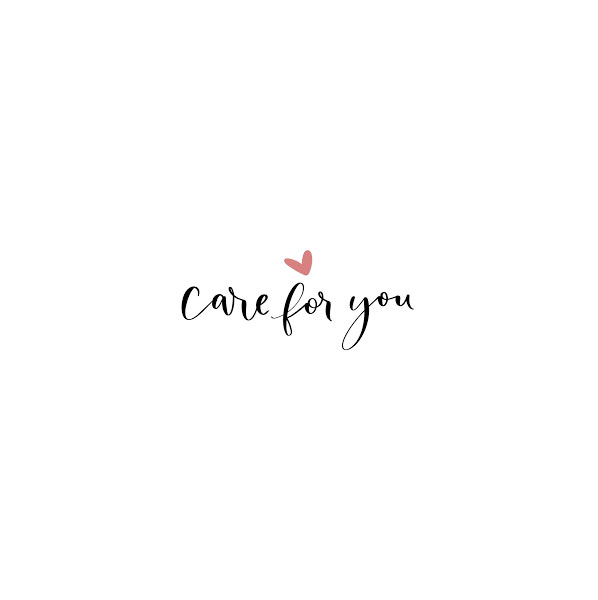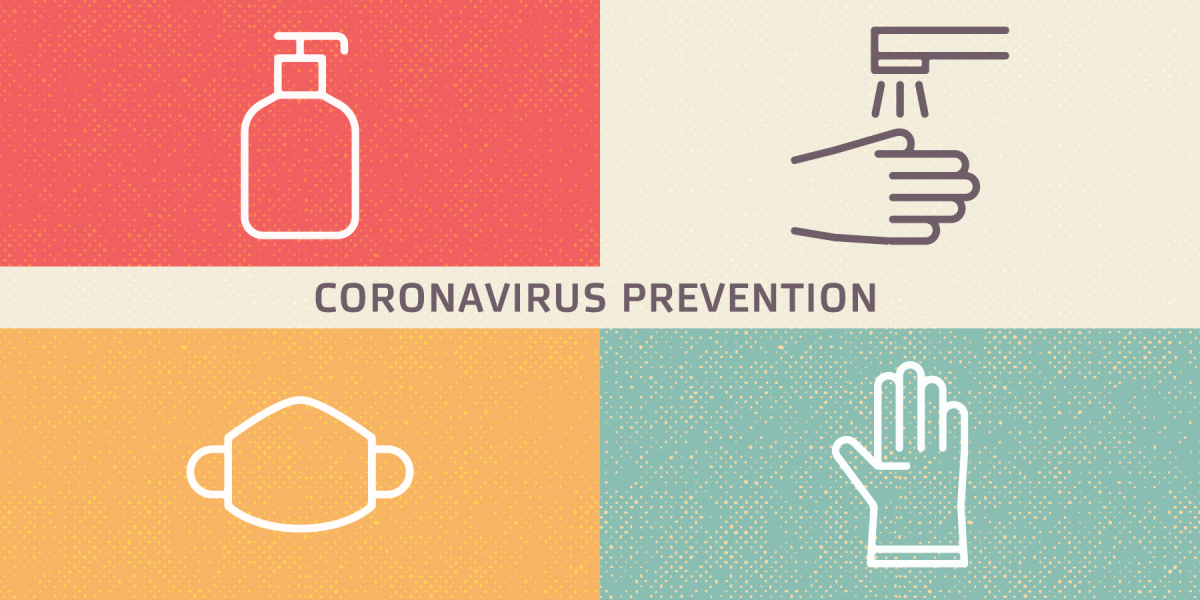“You have got to take care of yourself because no one else will.”
What does it actually mean? Well, for the majority, the meaning is restricted to simply healthy eating habits, physical fitness, and an overall lifestyle that benefits their health.
But this carries an entirely different meaning for the ones who care for patients of dementia. I refer to them as the “care warriors.” They are perpetually in an “on-go” mode. They don’t take breaks to go to the gym or exercise. They schedule no time for simply relaxing, and there are no days off. Along with the patients, these brave warriors are in a continuous fight with the illness. And this battle of theirs goes on for 7 days a week, 24 hours a day non-stop. Just to try to provide the best care possible to their close ones. However, no one else will take care of these caregivers if they don’t take care of themselves first.
Catch-22, that’s what you usually call this situation. Let’s suppose you do leave your loved one for some time to look after your own wellbeing, both physical and mental, but the question is in whose hands are you going to leave them in? It definitely has to be a person who is understanding of your loved one’s or the patient’s disease and their peculiarities— what do they fear, what do they dislike and like. In the majority of cases, the dropping by of a close relative or a family friend doesn’t necessarily work. Also, dementia can make all your well-structured and well-laid out plans fall apart in a matter of minutes. The person might not be recognisable to the patient they’re providing care for. The patient may become unresponsive and even afraid of this person, and that’s not ideal.
But is there a sure way to know? With a nonverbal patient, how can you know that they don’t mind being left to someone else’s care? For our care warriors and the families afflicted with dementia, this seems to be a never-ending battle.
It is easier said than done when we tell someone “you gotta take care of yourself because no one else is going to”. Providing care to a dementia patient is not similar to caring for any other condition. In the later stages of dementia, this is especially true. The pettiest of stuff can tick them off. The stress arising from this could persist for many hours or days.
So does this dilemma have an answer? Indeed it does, you need to take care of yourself. Maybe you could try to separate yourself from the feelings and emotions that are attached to putting your loved one’s care in someone else’s hands. Try and see how that works for you. If you realise that you have been stressed in the past, try to take a day off from everything and focus on your own wellbeing and not worry about your patient. It’s not going to work.
This is the sole reason that the death rate is so high amongst the caretakers of dementia patients. This illness affects not just the patient but also everyone around them. I wish there was a definite answer, and I had it. My family will perhaps deal with this same situation someday. Every member of the family, every caregiver will. Self-care should remain a priority; still, that is the best answer I could come up with. If due to the strain of providing round-the-clock care, the primary caregiver gets sick then the patient is left alone with really no free will to decide or have a say in what is going to happen to them. So it is wise, therefore, to let a professional caregiver relieve you of your care giving duties for a while. Care for you can help you help your loved ones in their daily struggle with dementia.
The reaction of your loved one to a new caretaker is something you will just have adjust to. Perhaps they will be stressed, afraid, or rude to whoever is present with them, but it will affect both of you in the long haul if you go with the alternative of never taking a break from it all. If you neglect yourself for long enough, it is going to affect your concerned patient too. Dementia patients get placed in facilities if their primary caretaker dies. Who will speak for them and be their advocate then? Who then will make sure that they get high-quality care at all times?
Caregiving can be lethal. It happens quite often than you may think because, at the end of the day, warriors are what they are: warriors. Most of them will run themselves dry while they try to meet the needs of their loved ones. This is why caregivers need to take care of themselves too while they still can, no matter the cost or circumstance.
Helping Hands in Birmingham from One stop care solution can help you better care for your loved ones while you give some time to yourself. We will make sure every need of your loved one is taken care of without it taking a toll on your health.



